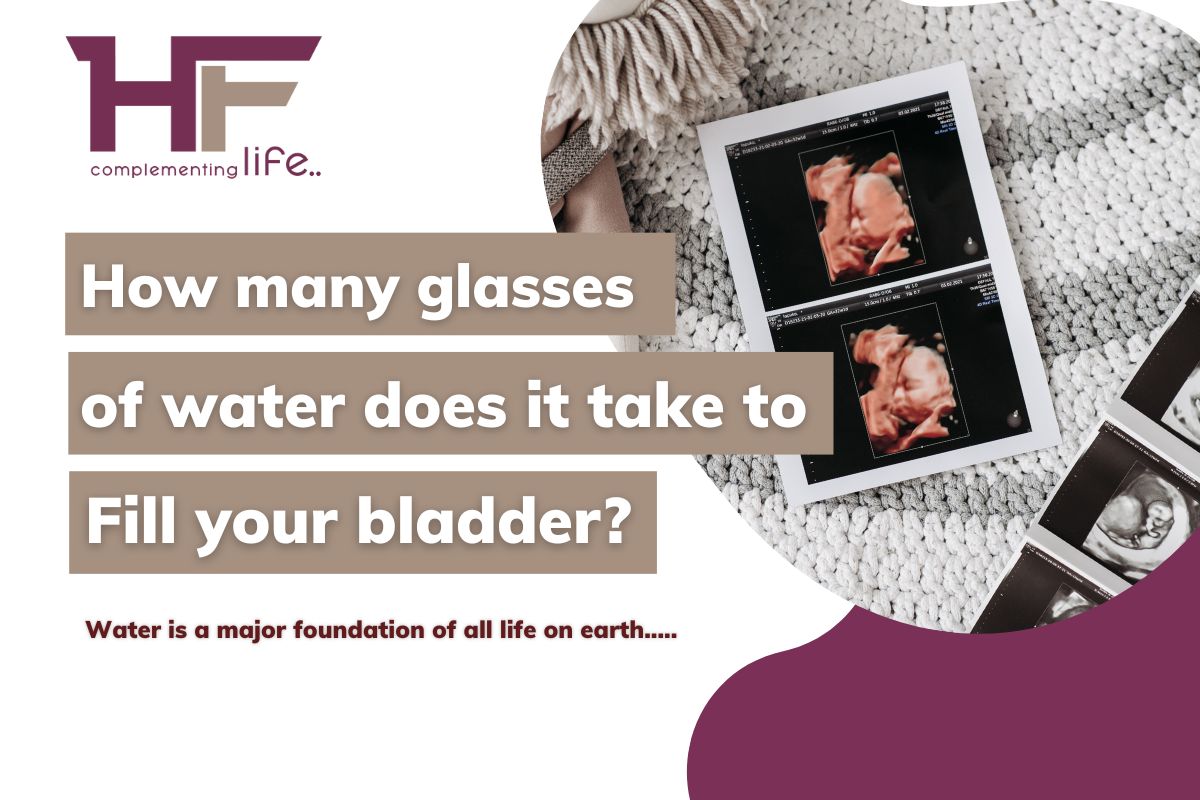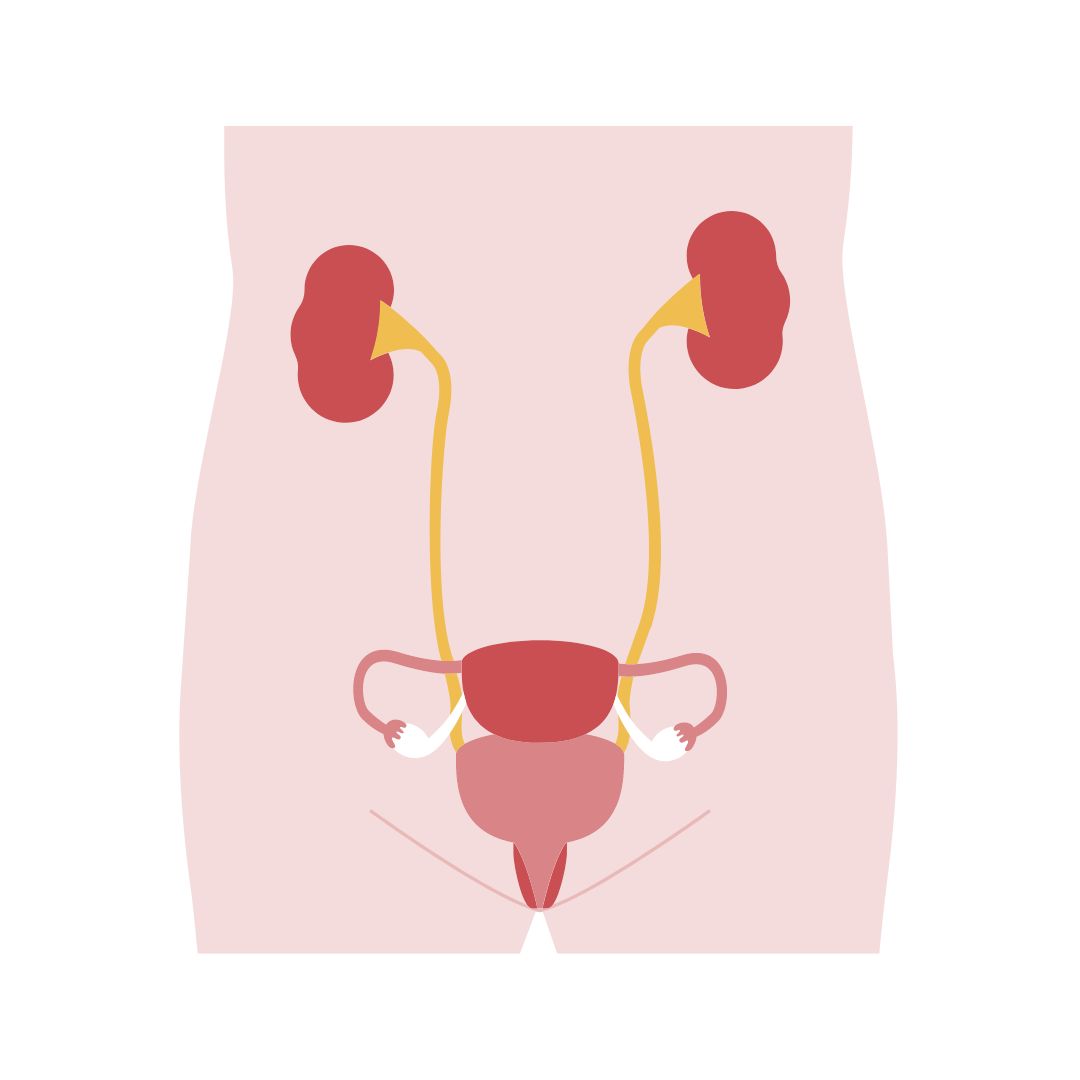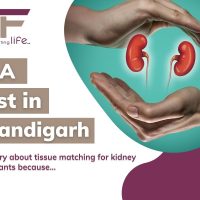How many glasses of water does it take to fill your bladder?
Hi. Can we talk for some time?
You can consider me as someone who is here to deliver you the answers to your most simple questions that usually, you miss finding.
Once, in a health & hygiene workshop, I, along with all those who were looking out for the basic health & hygiene hacks, was told – The basic begins at the water!
The organizers kept various banners and posters emphasizing the need for water for the human body. No doubt, ‘Save water, Save life’ isn’t just an idiom we use to market products & services, nor is it mere governmental propaganda. It certainly has got some pursuit to endeavor!
Water is a major foundation of all life on earth and serves us in various ways. Perhaps, from the minute cells to a large animal like a whale, none can survive without water!
CContents
How many glasses of water does it take to fill your bladder?
I remember the various hypothetical situations we have to enact & play in that workshop, following the theme – Water, An Everyday Remedy!
Would you like to put my shoes on and envision the ones many of us enacted therein?
1. Imagine when you see your close one faint and fall to the floor, what is the first remedy that comes to mind? A glass of water!
2. Imagine that when you go for a diagnostic test or treatment, your doctor usually asks you to fill your bladder before approaching it. At that time, you like it or not; you have no choice but to do so!
3. Imagine when you encounter dust and dirt throughout the day, come home tired, & aspire to take a nap, but your step halts. Hereafter, you urge to take a bath before going to bed, not just as a necessity to keep yourself healthy & hygienic, but also as a temptation to enjoy a deep sleep after your bath.
4. Imagine when you want your kids to get more nutrients and stay fit and active; how and to what extent do you have to keep nagging them to drink water every now & then?
Don’t you?
Well, the aforementioned hypothetical instances are true for all of us at some point in time! It is because water is the most significant hack of health & hygiene, and you need to drink plenty of water daily to keep yourself on your toes! We all know this already, but what we look forward to knowing is how it helps & how much of it helps, particularly before a diagnosis or treatment!
In addition to its overall health benefits, drinking an adequate amount of water is especially important before a diagnosis or treatment, such as gallbladder stone surgery. Staying properly hydrated can help prepare your body for the procedure and aid in the recovery process.
What we look for is where the water goes after we drink it and how! We look for how water is not the urine but inevitably turns so in our body.
What we wish to learn is how many glasses of water can make you pee. And so on & so forth! Many questions, one after the other!
And,
That is what this article is meant for! This article shall give you a vivid insight into – Why do our bodies need water? Where does the water go after you drink it & how does it travel? How is the digestive system, cognitive system & cardiovascular system connected to water consumption? What is the difference between water and other fluids? How water becomes urine? What is a bladder & How much a bladder can hold? How many glasses of water does it take to fill the bladder until you need to pee? Are there any medical instructions on keeping your bladder full before diagnosis & treatment?
So, get ready to find your answers just down the line from now!
Why Does Our Body Need Water?
The substance that makes almost 60our body weight is not only important to regulate body temperature or flush out the body waste but also holds myriads of other functions in our body.
Our body needs water –
- For the dissolution, transportation, & absorption of nutrients like vitamins and minerals into the body, subsequently improving immunity,
- For the creation of saliva by breaking down solid foods & preventing our mouth to become dry,
- For staying hydrated and active during all kinds of physical performance, when we engage ourselves with exhausting tasks and thereupon require strength & endurance,
- For eliminating bowel problems like constipation, and other medical conditions, such as kidney stones, urinary tract infection, or exercise-induced asthma,
- For reducing blood pressure, and on the contrary, enhancing the blood oxygen circulation,
- For the lubrication & protection of your tissues, joints, and spinal cord,
- For perspiration, urination, & defecation, thereby replenishing the lost fluids again,
- To eradicate excess body weight and stay energetic all the time,
- For proper metabolism and digestion,
- For keeping your skin free from acne, rashes, or dark circles, making it glow bright,
- For mood enhancement and also to cope with anxiety,
- To boost cognitive power, such as concentration, short-term memory, & alertness,
- For the prevention of headaches & muscle cramps,
- For the protection of your body from bacterial growth & allergies,
- For gradual relief from diabetes,
And so on & so forth!
Where Does Water Go After You Drink It & How Does it Travel?
Most of us often wonder what happens to water after we drink it! Well, water tends to take a long trip after you ingest it through your mouth.
The first step it undergoes is the process the hydration. Your body, on taking a few gulps of water, starts to register it while your brain tries to convince your body, prematurely, that you had enough! Such a regulation by the brain stands vital for your body as the water you consume shall take much time to reach the cells and ensure sufficient hydration. Hence, if your brain stops giving that instruction, you shall keep drinking more than your body needs!
Now, do you know what the esophagus is? It is the pipe that connects your mouth to the stomach. Water travels through this, beginning at your mouth and landing in the stomach.
In this regard, you need to know the difference between absorption & digestion first – Two processes in which water participates inside your body! Water, when you drink it in its raw form, on reaching the stomach, starts to get absorbed in the bloodstream. On the other hand, the water your body extracts from the various foods is through digestion, i.e., the breakdown of foods into nutrients for the production of energy!
While the digestion process occurs in the stomach, the process of absorption begins a bit later, when the water travels through the stomach right into the small intestine. That is where the blood and water start functioning together, making nutrients for energy!
From here, water travels to different organs in your body, different tissues, and different cells!
Your kidney requires water, your brain water, and your heart requires water! They all need water! Do you want to explore the connections in detail? Here, they go!
Explore the Connections: Between Water & Digestive System!
We can say that water is not technically digested because it comes in the form of roughage in food that our stomach help digest.
But,
Of course, there exists a connection between water & our digestive system. Water supports the process of digestion from the start and till the end.
- In the very first place, water creates saliva that tends to serve many digestive functions. Saliva stimulates moisture in your food, making it easier for you to chew & swallow. Saliva acts as the vehicle for the enzymes significant in the chemical breakdown of fats & carbohydrates.
- In your stomach, the food releases watery gastric juices, containing the enzymes to break the proteins and carbohydrates. This juice allows the minute pieces of proteins & carbohydrates now to take a trip to the small intestine!
- On another note, water help produce mucus that is meant to coat the inside of your stomach and protect it from the highly acidic digestive juices.
- After moving to the small intestine, water participates in a lot of other digestive activities. The intestinal lining, pancreas, and liver give out more watery secretion to the small intestine. Water comes into action, helping the end product of digestion to get absorbed into the bloodstream!
- While the digestive process extends to your large bowel, water stands crucial for functioning. The Soluble fibers you intake dissolve in water, turning bulky, and the insoluble ones attract water instead of absorbing it, ensuring regular bowel movements.
- It is here that your body also intakes minerals coming from your food! Indeed, within the backdrop of a watery environment, the absorption process becomes easier!
Explore the Connections: Between Water & Cognitive System!
Evidence about the connection between water consumption and improved cognitive performance among both children & adults lay firm in medical science.
Yes, we all know that is what keeps us hydrated! But, do we all know that hydration acts as a crucial marker for your brain to function properly?
That’s right!
- When the water level in your body gets too low, your brain cannot function at par which instead leads to cognitive problems like mood disturbances, a deficit in visual perception abilities, short-term memory loss, etc.
- Studies say that even a 2% decrease in brain hydration can lead to cognitive complexities. You cannot even perform basic math computation! In fact, prolonged dehydration may trigger your brain cells to shrink both in terms of mass & size. Such a condition causes a lack of mental clarity or brain fog!
Hydration, on the opposite, brings in the picture of improved psychological well-being and an improved mood. Better Focus, Better Thoughts!
Water aids your cognitive system in numerous ways.
- It helps the brain produce hormones & neurotransmitters and balance your hormone level, precisely the stress hormone cortisol.
- It helps retain the fluid level in your brain that protects it from trauma & injury.
- It helps wash toxins & metabolic waste accumulating in the brain.
- It helps keep the oxygen-rich blood flow to the brain on point.
- It helps maintain the process of creating new neurons & cells.
Explore the Connections: Between Water & Cardiovascular System!
According to the researchers of the National Institute of Health, plentiful water consumption & hydration can culminate in a reduced risk of heart failure. Water keeps your heart at work, pumping blood actively and passing them through the blood vessels.
Dr. Knutsen said, “ Men and Women who drank five or more glasses of water per day have about half the risk of dying of coronary heart disease.”
Lack of water in your body, or in short, dehydration may enable your blood to keep more sodium and makes it thick. These thick elements in the blood refrain the blood circulation process altogether.
Water intake may, however, help curb this! On the same note, water stimulates many cardiovascular functions.
- Water keeps a check on your blood pressure, eliminating conditions like hypertension.
- Water keeps your cardiovascular activities on when you are doing exercises or exhausting work.
- Water reduces the chance of heart failure, congenital heart diseases, pericardial diseases, heart valve disease, and others.
Undoubtedly, the production of 2000 gallons of blood per day requires enormous fluid in your body, water being the basic!
Water Vs Other Fluids: Differences?
Water makes up all other Fluids in the human body or otherwise, and that is what makes it different! The difference between the creator & what it creates!
The water we drink, when absorbed into the intestine, circulates through the body in the form of body fluids – The Blood, Gastric Juices, & Interstitial Fluids!
Body Fluids, being a product of water, is likely to hold certain functions. They ensure easy transportation of oxygen and nutrients, regulation of temperature, & maintenance of a stable watery environment inside the human body.
Take the example of sweat – They are the ones in charge of serving as a vehicle for waste elimination!
Or, you can take gastric juices for a case! They are the unique combination of hydrochloric acid, mucus, pepsin enzymes, & water. Gastric Juices serve to inactivate microorganisms or, in simple words, break down food, thereupon inhibiting infectious agents from circulating within the body.
Water to Urine: The Journey!
Your water reaching the bladder – urine on stage! A long journey, indeed!
Urine, made up of 95 percent water & 5 percent waste products, appears in the picture through the process of filtration, reabsorption, & secretion. That happens when the nephrons in your kidneys lay determined to remove only the excess water and waste from the body!
When blood enters the kidneys through your renal arteries, these arteries branch out as nephrons, filter the waste, and help the bloodstream reabsorb back the vital substances.
The primary task, therefore, lies upon the nephrons. They are the ones to regulate the concentration of water and other products within your body!
Each Nephron carries a network of capillaries surrounded by some cup-like structure called Bowman’s capsule or Glomerular capsule. This network of capillaries is known as Glomerulus, through which the blood flows. When that happens – your blood pressure pushes water & solutes from the capillaries into the capsule via a filtration membrane! Yes, the Glomerular is where the urine formation process takes place!
Alongside water, urine comprises nitrogenous wastes, like uric acid, ammonia, urea, and creatinine. It also consists of sodium ions, and of potassium, calcium, & hydrogen. It is constant production and is usually determined by how much water is sent to your kidneys. Your body, on having excess water, shall send it directly to the kidneys as it isn’t needed elsewhere.
In general, it takes nearly 9 to 10 hours for the water you drink to turn into 2 cups of urine.
And,
In a healthy human, the production of urine per day situates at 800 to 2000 ml. The amount may, however, vary depending upon the water intake and kidney functions.
About Bladder & How much a Bladder can hold!
Now, your urine reaches the urinary bladder by traveling down the ureters, and it is where they remain until you pee & flush it out!
The bladder acts as a temporary storage reservoir for urine. Situating in your pelvic cavity, right below the parietal peritoneum and posterior to the symphysis pubis, your urinary bladder tends to often expand like an elastic sac! Somewhat like a triangle, it is a hollow muscular organ. The expansion and contraction of the walls of the bladder occur when it needs to store urine and empty them through the urethra, respectively.
Your bladder can keep nearly 500 ml of urine in females and 700 ml in males. But, you shall feel like urinating the moment it reaches 200 to 350 ml.
It is because the neural circuits that extend from the cerebral cortex to your bladder bring in signals from the brain for muscle coordination and subsequent contraction & expansion of the walls of the bladder.
Among babies, the brain signals that the bladder is full by relaxing the sphincter muscles, opening the passage to the urethra. As the children grow old, they learn to ignore these signals or reflexes and keep the urine voluntarily until they find a proper bathroom to flush it out. Eventually, the individuals can avoid the reflex during sleep and eliminate the urine when they wake up!
That’s how all of our urinary systems work! That is how you understand how much and how long shall the bladder store urine!
Please note that a healthy human typically urinates about 6 to 8 times a day, within the period of 24 hours!
How many glasses of water does it take to fill the bladder until you need to pee?
Tell me,
How many glasses of water do you take until you pee?
2 Ounces? 4 Ounces? 7 Ounces? How much?
Before estimating how much water it takes to fill the bladder, we have to understand how much is the average bladder size and how much it can stock!
An infant, up to 12 months old, holds a bladder of 1 to 2 ounces, whereas a toddler, around 1 to 3 years old bears a bladder that is 3 to 5 ounces in size. Within such backdrops, the former shall take 1 hour to fill the bladder while the latter shall take 2 hours.
Likewise, children falling in the age group of 4 to 12 years have an average bladder of 7 to 14 ounces and shall take 2 to 4 hours to fill the bladder. Adults, on the other hand, have an average bladder of 16 to 24 ounces and they require approximately 8 to 9 hours to fill the bladder.
Remember when you feel the urge to pee for the first time, your bladder is only half full and not in total. That is why you can wait! Wait, even for hours!
And,
When your bladder is full, the muscles around it shall contract to stop the urine from leaking until you release it! However, holding a pee is extremely dangerous for the human body. How? Although in rare cases, the most extreme it can go for is the bladder to burst. Even otherwise, when you do not pee for more than 10 hours or so, the urinary retention or inability of your bladder muscles to relax may lead to inconsistency in bladder functions. Well, if you do this often enough, you may also be vulnerable to urinary tract infections from the body waste that remains and cannot go out!
Are you wondering what can be the normal urination frequency?
It varies from person to person, depending on how much water you intake every day. Yet, going as less as 4 times and as more as 10 times is considered normal! The frequency may also vary in terms of present health condition.
A vast range of human diseases and deficits can lead to the alternation of urine frequency, sometimes more and sometimes less! In other words, Urination frequency is somewhat like symptoms of multiple health conditions. It helps the doctor find out the main cause and provide treatment according.
That is also why doctors suggest you drink 12 to 16 ounces of water, i.e., 1.5 to 2 full glasses of water, before a diagnostic test, precisely, for an ultrasound!
So, it can be stated that 1.5 to 2 glasses of water can fill up the bladder, and you may hold as long as you can refrain it from releasing!
Instruction on Keeping Your Bladder Full Before Diagnosis & Treatment
Doctors say it is important to keep the bladder full before a diagnosis or treatment because some organs in your pelvis can move & change positions, following the size and shape of your bladder. That, in turn, may disrupt the dexterity and accuracy of the diagnosis or treatment!
For this purpose, medical professionals and experts have brought a few instructions or tips in front of us concerning how to keep your bladder full before a diagnosis or treatment. They are as follows!
- You have to make sure that you empty your bladder before coming for the test or treatment. That is for around 45 minutes before the test or so!
- You have to drink 1.5 to 2 glasses of water right away when ready to move inside the test lab or operation theatre.
- It is always better to have the entire 2 glasses of regular drinking water and not some other fluids. If you are the one finding difficulty in having so much water, you may shift to juices, like apple or cranberry.
- You cannot empty your bladder before the diagnosis or treatment is complete.
- Whenever you face difficulty in holding the urine for at least 45 minutes, inform the staff or other caregivers of the medical team. They shall arrange for an alternative.
Diagnostic Tests like Transvaginal ultrasound, Pregnancy Ultrasound, & Renal Ultrasound need you to fill your bladder before the test!
Instructions on Keeping Your Bladder Healthy!
Today, people barely have time to talk about bladder health, or any such in that matter, working day & night within a very tight schedule. But, every one of us, someday and sometimes, gets affected by it.
That is why you need some preventive remedy. Of course, you cannot prevent everything that affects your bladder! However, you can possibly rule them out by following the below-given tips or instructions, as you may take!
- Try to urinate at least every 3 to 4 hours, and do not keep your urine on hold for too long as such a condition can weaken the bladder muscles and make them prone to infections.
- Try to be in a relaxed position while peeing as it becomes easier to empty your bladder. Also, take enough time in doing so! Do not rush as they may leave some part of it inside!
- Try to urinate after having sexual intercourse because sexual activities may push some bacteria from the bowel to the urethral opening. Yes, urinating after sex can therefore reduce the risk of infections.
- Drink enough fluids, especially regular water, the basic for at least 8 glasses daily, and try to avoid caffeine & alcohol.
- Eat fibrous food to keep the water level in the body on point and for the easy passage of stool.
- Make sure you watch what to eat. For instance, sodas, artificial sweeteners, tomato-based food, citrus fruits & juices, or spicy food can create bladder problems.
- Keep a healthy weight as that may help stop urine leakage.
- Wear cotton underwear and loose clothes to keep your urethra dry and out of the reach of infections. On the contrary, nylon underwear or tight-fitting pants trap moisture. In turn, helping bacteria grow!
- Exercise daily, especially the pelvic floor muscles exercises such as Kegel’s exercise.
Summing Up:
Now that you know what to do to keep your bladder full or healthy, you can try the steps out and see. I hope the article helped resolve many of your questions, and if not, you always have the opportunity to write us straightaway at www.healthfinder.in. You can also email us at [email protected] or drop us a call at 77400-33771.
We shall again come back with another set of questions and answers regarding your healthcare & hygiene!
Till then,
Stay safe, and stay in touch!











Comments